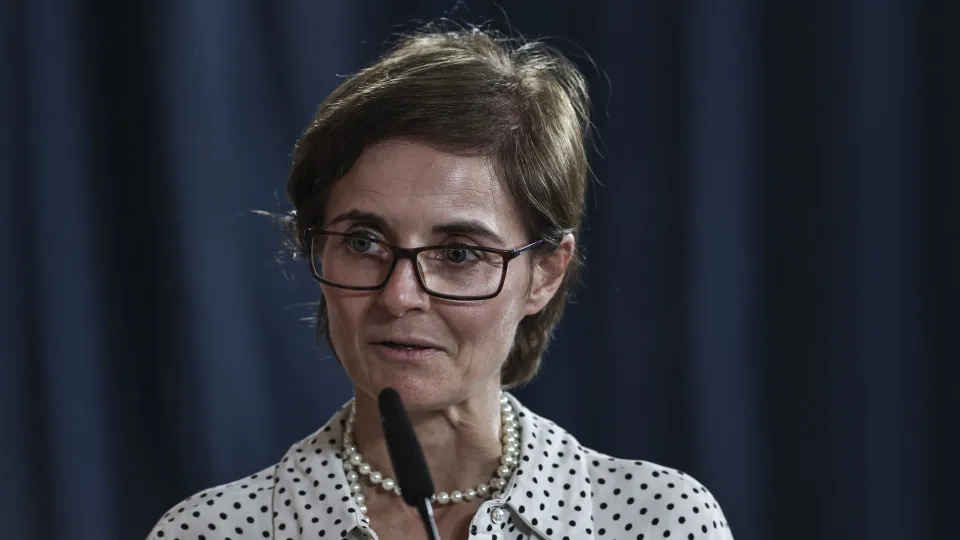
The Secretary of State, Susana Filipa Lima, stated that recent cuts impact only those informal caregivers who moved to a higher income bracket after the Social Security System began to consider the caregiver support subsidy as income.
Upon receiving complaints about cuts in social support for these caregivers, Social Security immediately investigated to understand the situation and assess the number of individuals affected.
“We have identified approximately 1,600 affected individuals,” revealed Susana Lima, emphasizing that these cases involve “a specific combination of circumstances.”
The family allowance, one of the benefits with experienced cuts, has led to significant complaints, though the Secretary of State acknowledged that “other situations” might exist, prompting Social Security to investigate further.
In light of these issues, Lima held discussions with the National Association of Informal Caregivers and the Different Citizen Movement regarding the social benefit cuts affecting households with an informal caregiver.
She expressed surprise upon learning of the situation, stating there has been no legislative change by Social Security. She confirmed that “the law is being followed” based on current findings.
The issue relates to a regulatory decree outlining the conditions for recognizing the informal caregiver status and the corresponding support measures, which, although established in 2022, could only be fully implemented in the first quarter of 2025.
This means that between 2022 and 2025, there were no social support cuts in households with an informal caregiver due to the decree not being fully implemented.
Moreover, the Informal Caregiver Statute and its subsidy did not prompt changes to the regulation on resource condition assessment for social benefits, so the caregiver support subsidy is automatically counted as income.
As a result, some caregivers moved into a higher IRS bracket and now receive lower benefits, including family allowance and other social supports.
Further implications of this situation, as pointed out by the associations, include potential impacts on rent benefits or access to social security insurance.
Susana Lima assured ongoing efforts to find a solution allowing individuals to maintain caregiver subsidies along with benefits for those they care for.
“We are considering a legislative amendment to exclude this subsidy from income calculations,” she noted.
While a solution seems straightforward, she explained the need to “study the different implications,” stating that “social security rules and situations are very complex.”
She remains hopeful of finding a resolution without specifying its nature or timeline, adding that the Government aims to “simplify the social benefits system and legislation.”




